A Russian-U.S. crew will blast off from here Thursday bound for the orbiting international space station on a six-month mission to conduct a series of scientific experiments
Published:
15 October 2004 y., Friday
The Soyuz TMA-5 spacecraft will carry Leroy Chiao of the United States and Russia's Salizhan Sharipov and Yury Shargin to replace Gennady Padalka, from Russia, and American Michael Fincke who have been in orbit since April.
While Chiao and Sharipov will remain on the space station until April 2005 as the 10th crew since the historic launch of the first module in 1998, Shargin will spend only 10 days in orbit during the relief of the crews.
The cosmonauts, after training for several months at the Star City near Moscow, are due to carry out 41 scientific, medical, biological and technical experiments.
One experiment is to study proteins that could be used to create a vaccine against AIDS, Sharipov said.
During the mission, the crew is scheduled to leave the station twice, once in December and once in January, to continue preparations for the docking of a new European cargo spacecraft scheduled for next year. The mission of Shargin -- an officer in the Russian defense ministry -- on the ISS space station was described by the commander of Russia's space forces in July as "an interesting program that will be useful to the space forces and to the whole country."
Šaltinis:
tehrantimes.com
Copying, publishing, announcing any information from the News.lt portal without written permission of News.lt editorial office is prohibited.
The most popular articles

The European Commission announced today the award of three of the six contracts for the procurement of Galileo’s initial operational capability.
more »
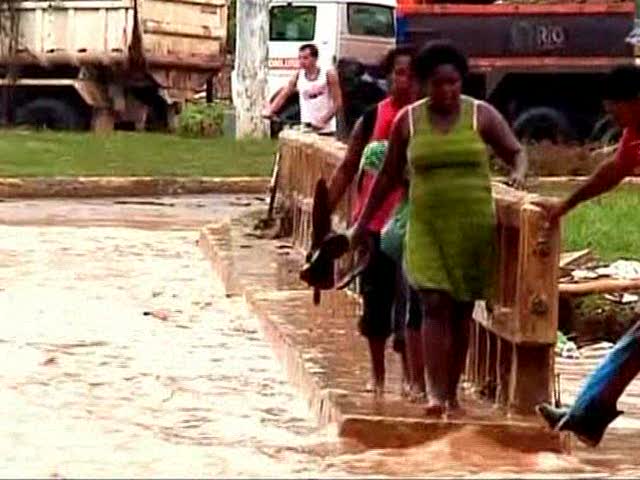 Brazilian researchers have developed a new type of permeable pavement that can store rain water and ease the impacts of floods.
more »
Brazilian researchers have developed a new type of permeable pavement that can store rain water and ease the impacts of floods.
more »
 A cursor on a computer screen can be controlled using thoughts about a range of vowel sounds, research has found.
more »
A cursor on a computer screen can be controlled using thoughts about a range of vowel sounds, research has found.
more »
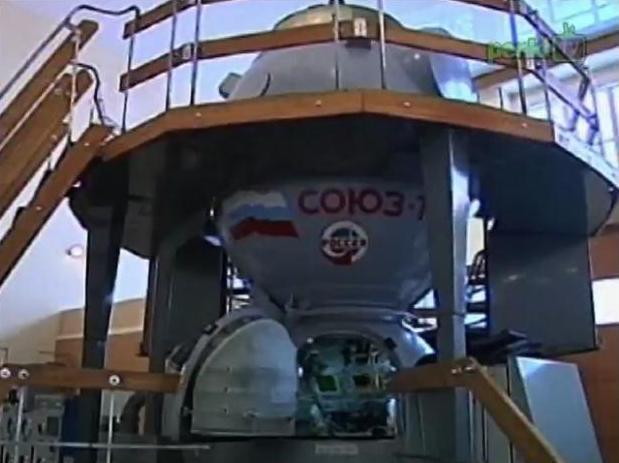 Fifty years after Russia's Yuri Gagarin became the first man into space, Moscow is determined to maintain a leadership role in space exploration, despite recent problems with satellite launches and increasing competition from countries like China, Japan and India.
more »
Fifty years after Russia's Yuri Gagarin became the first man into space, Moscow is determined to maintain a leadership role in space exploration, despite recent problems with satellite launches and increasing competition from countries like China, Japan and India.
more »
 During sleep the body actively restores it's energy and condition.
more »
During sleep the body actively restores it's energy and condition.
more »
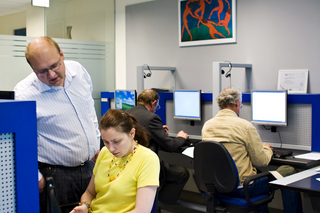 Penki Кontinentai Training Center was set up in one of the oldest and most innovative ITT companies, and now counts the second decade. Politicians, businessmen, artists and entertainers have learned and acquired skills here during these years.
more »
Penki Кontinentai Training Center was set up in one of the oldest and most innovative ITT companies, and now counts the second decade. Politicians, businessmen, artists and entertainers have learned and acquired skills here during these years.
more »
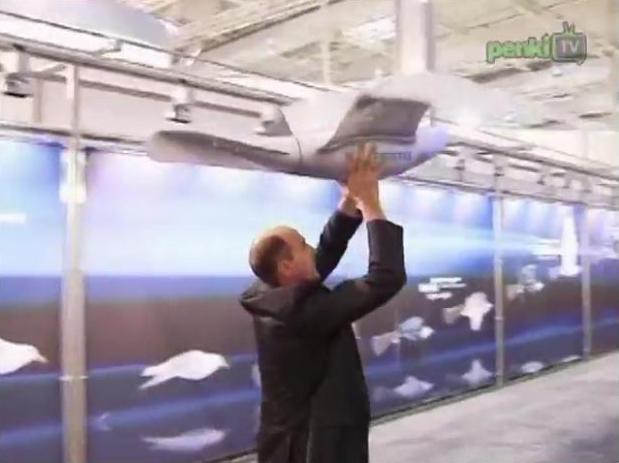 Researchers say they have succeeded in deciphering the flight of birds, "one of the oldest dreams of mankind.". The team, from German automation company Festo, say their robotic seagull that can take-off, fly and land autonomously.
more »
Researchers say they have succeeded in deciphering the flight of birds, "one of the oldest dreams of mankind.". The team, from German automation company Festo, say their robotic seagull that can take-off, fly and land autonomously.
more »
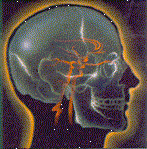 "All research, however good its intentions, necessarily involves risks," Oxford University neuroscience professor Colin Blakemore explained at a workshop on "ethical dilemmas in brain research" held by Parliament’s Science and Technology Options Assessment (STOA) team.
more »
"All research, however good its intentions, necessarily involves risks," Oxford University neuroscience professor Colin Blakemore explained at a workshop on "ethical dilemmas in brain research" held by Parliament’s Science and Technology Options Assessment (STOA) team.
more »
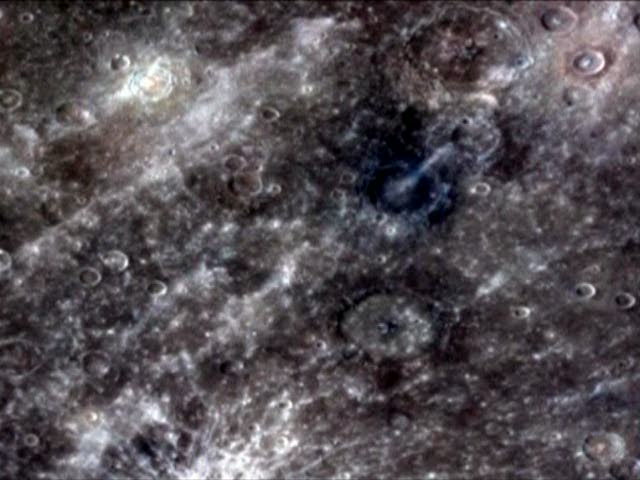 NASA's Messenger spacecraft delivers its first photos of Mercury and the first images ever taken from the rocky planet's own orbit.
more »
NASA's Messenger spacecraft delivers its first photos of Mercury and the first images ever taken from the rocky planet's own orbit.
more »
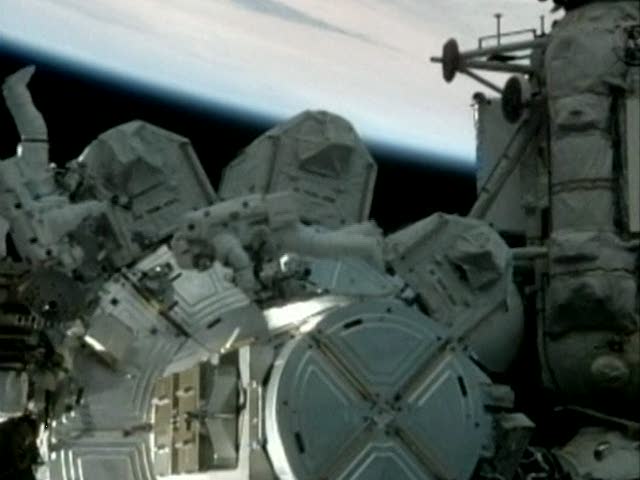 Discovery reached the ISS on Saturday, two days after liftoff from the Kennedy Space Center, for its 39th and final mission.
more »
Discovery reached the ISS on Saturday, two days after liftoff from the Kennedy Space Center, for its 39th and final mission.
more »
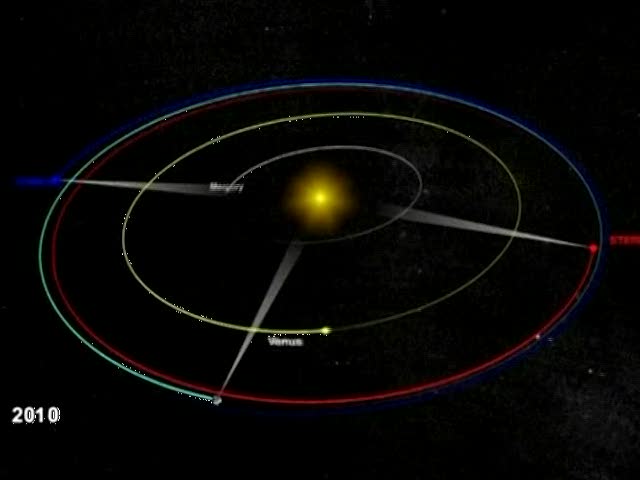 NASA has released for the very first time on Sunday images that show the complete surface of the Sun.
more »
NASA has released for the very first time on Sunday images that show the complete surface of the Sun.
more »